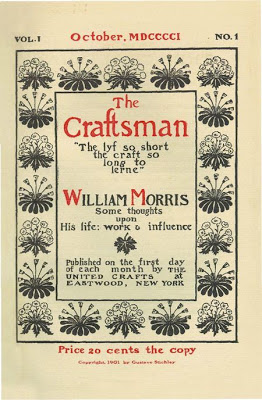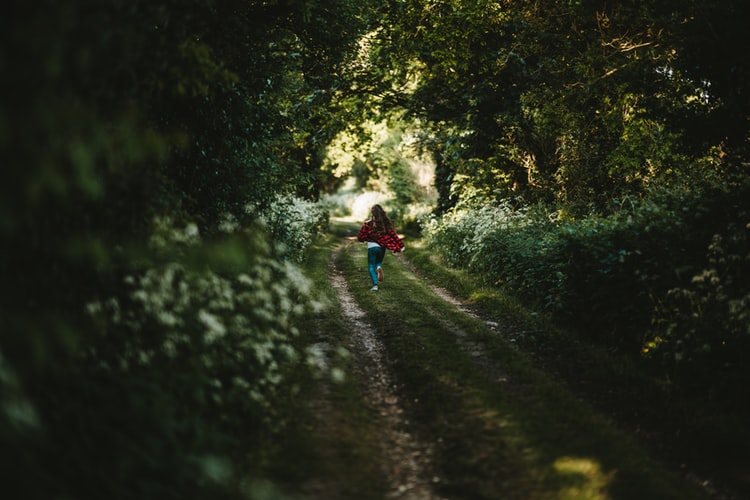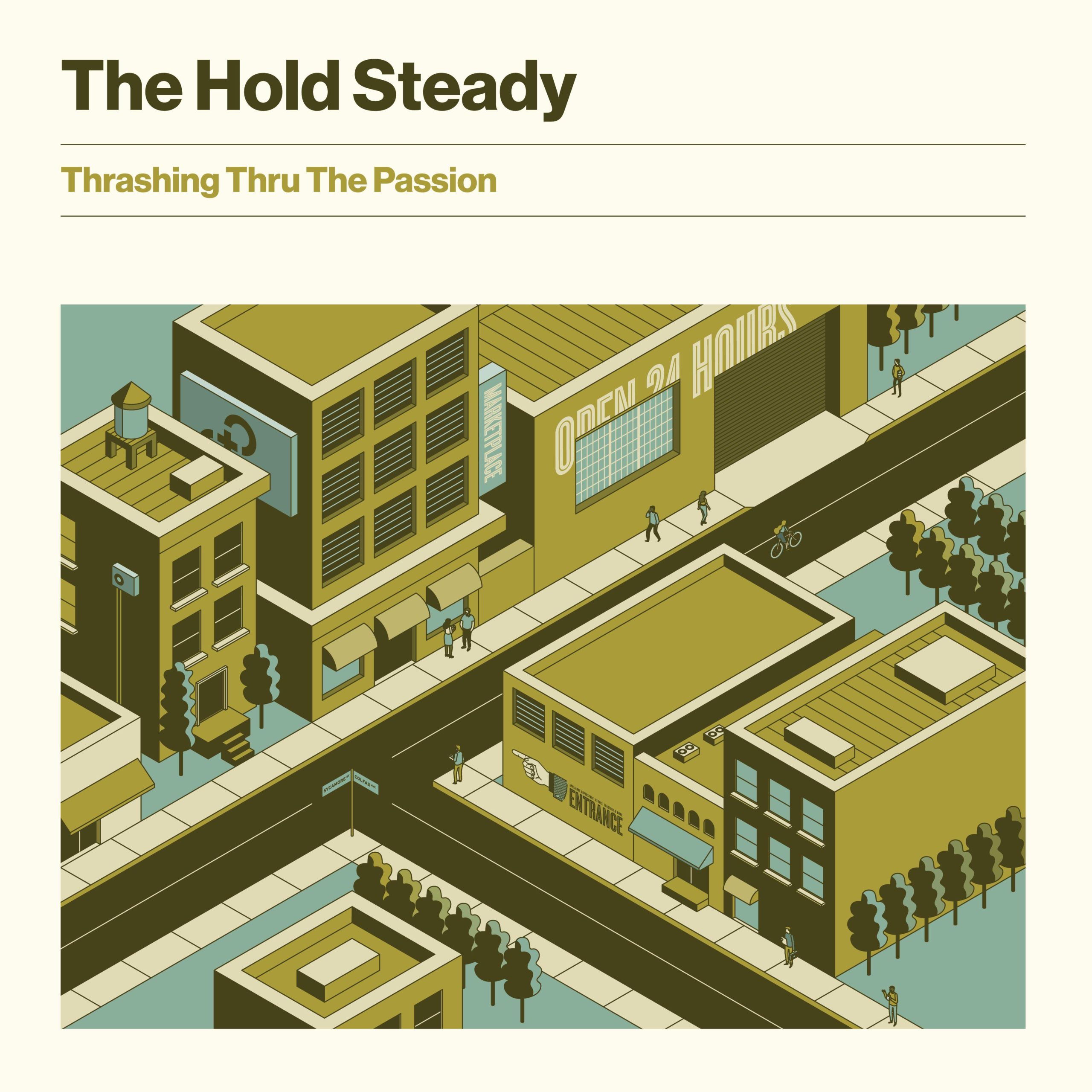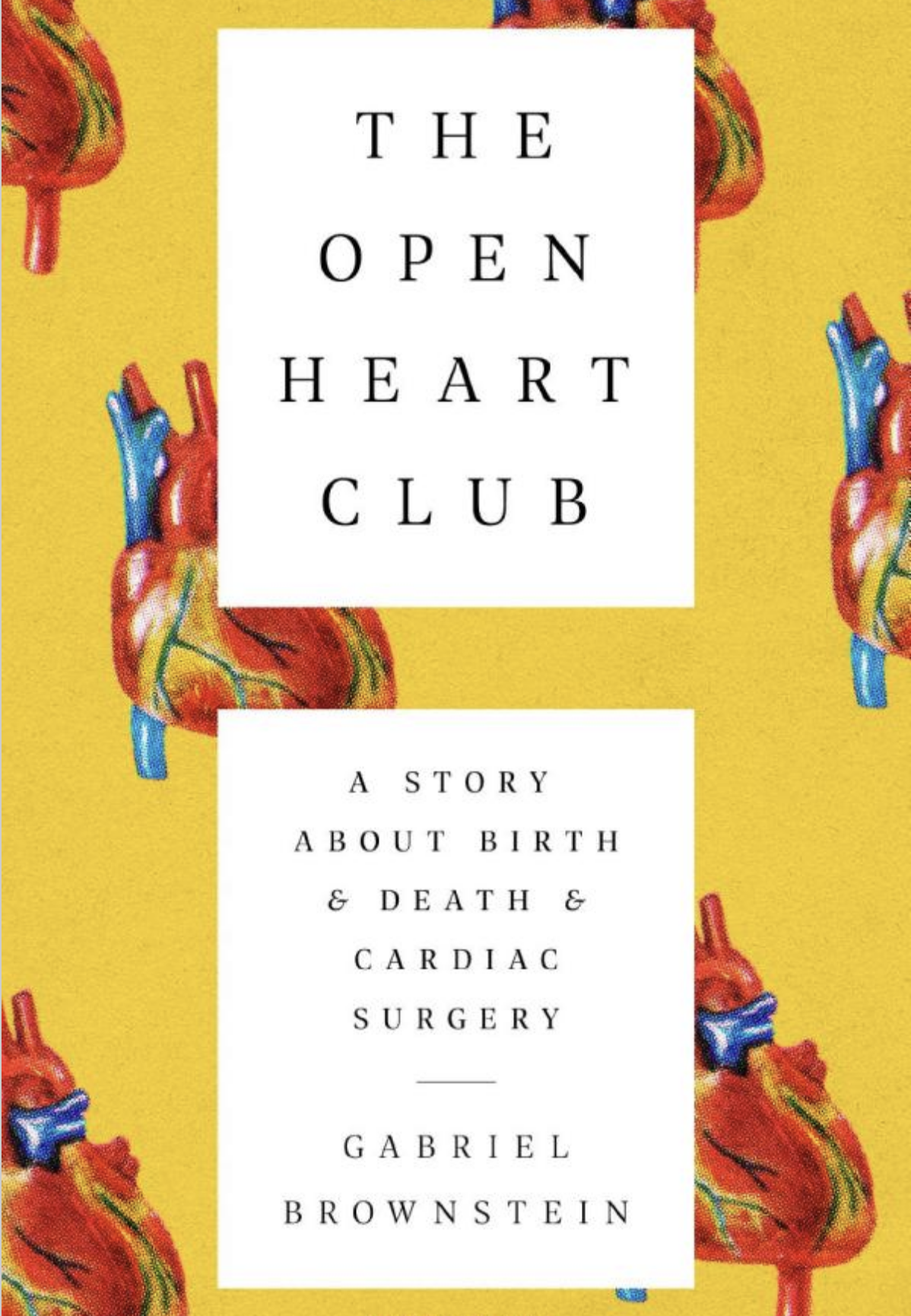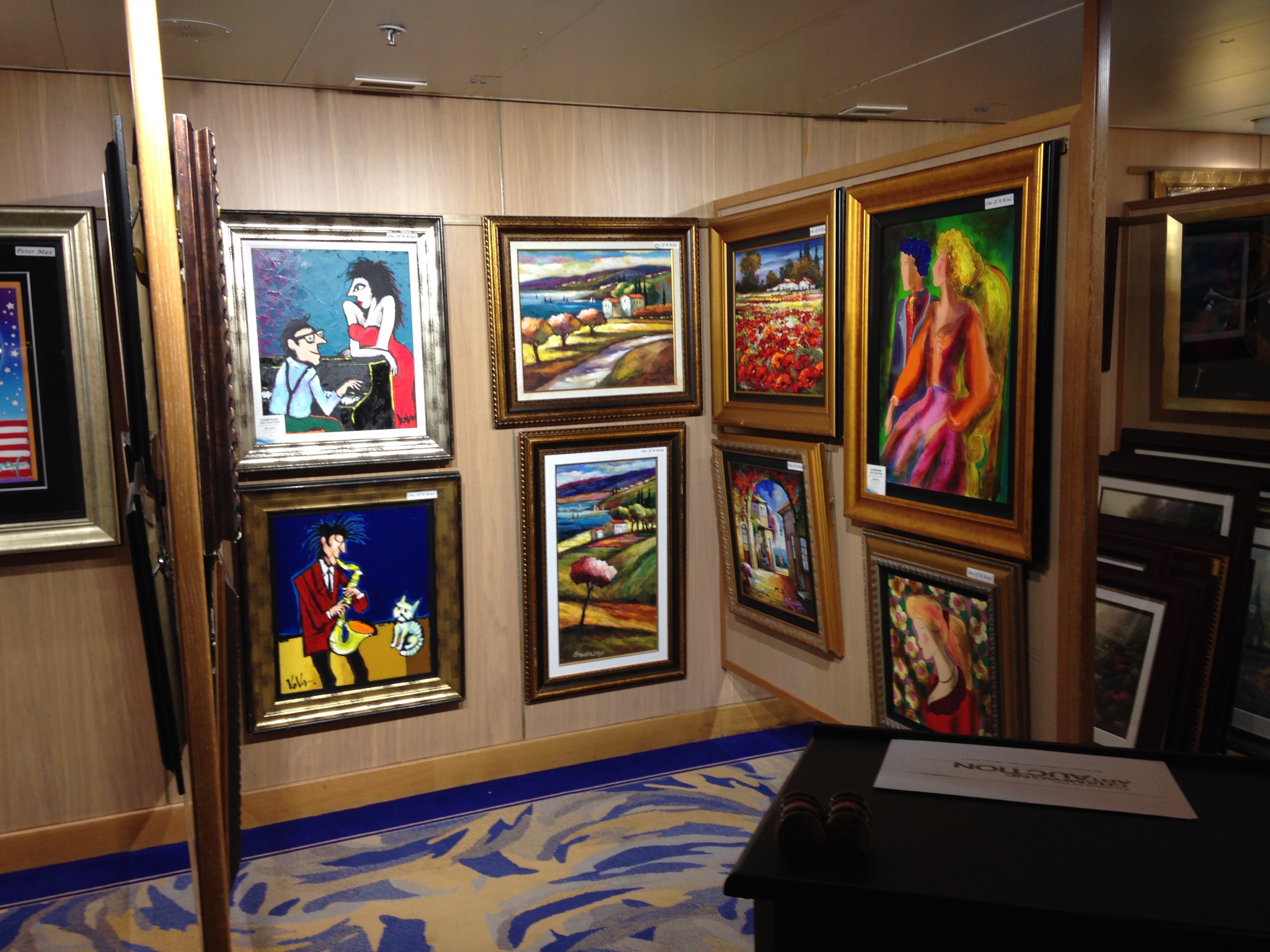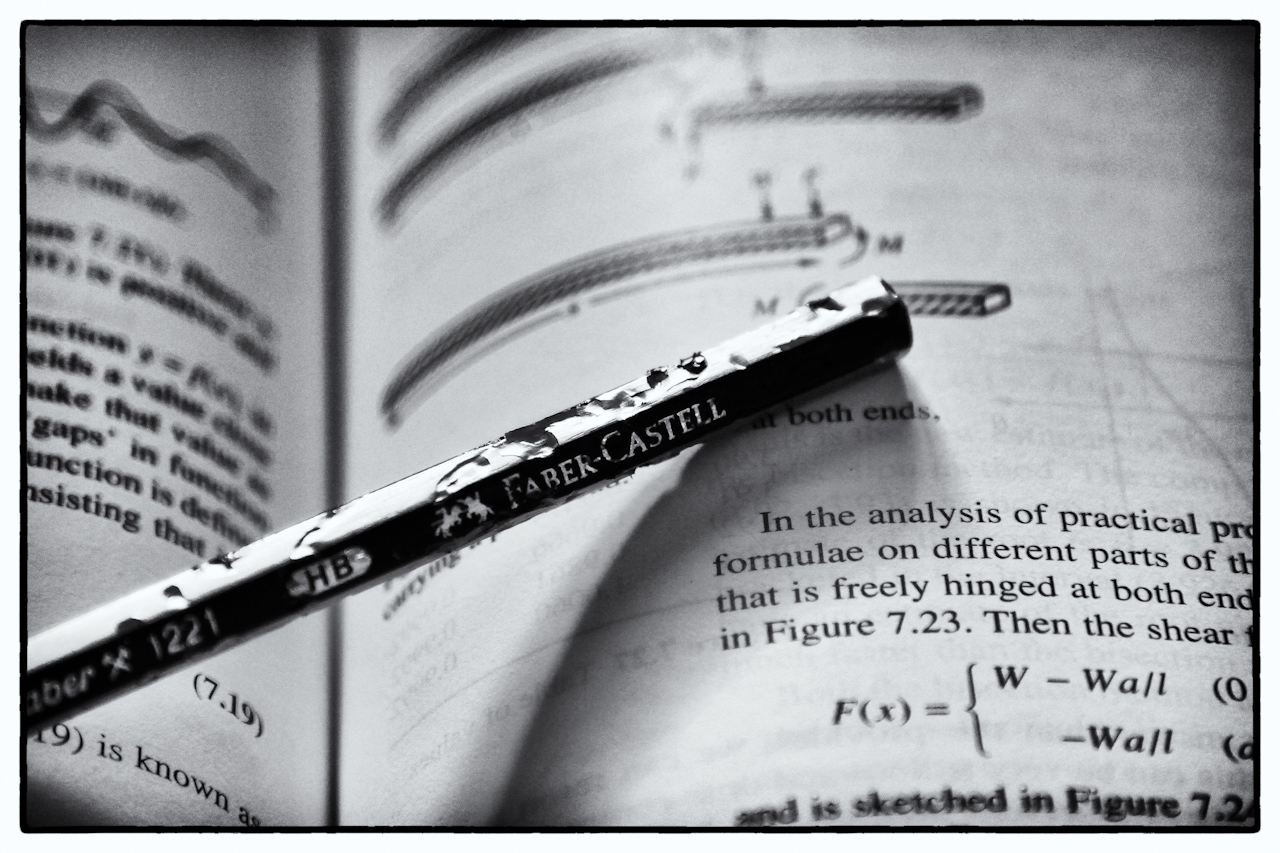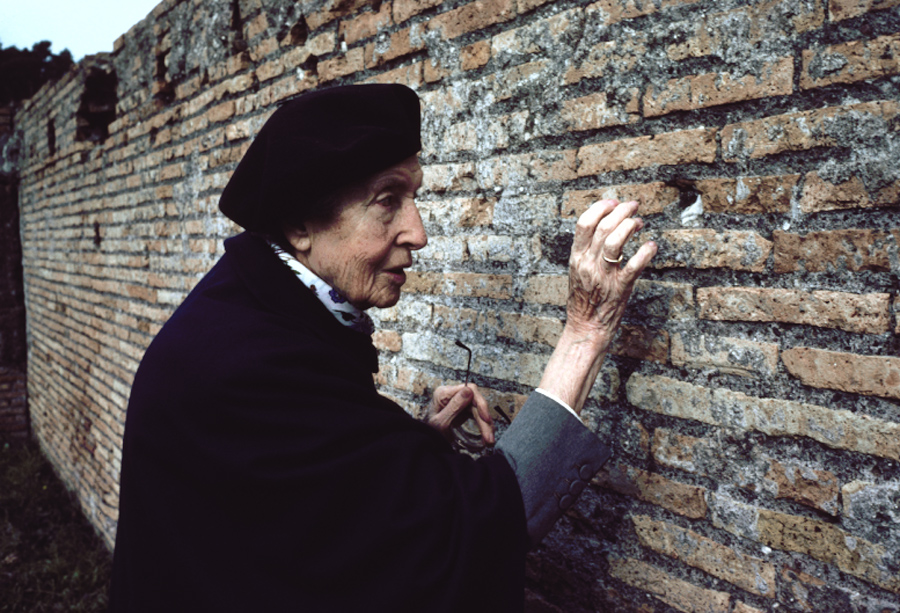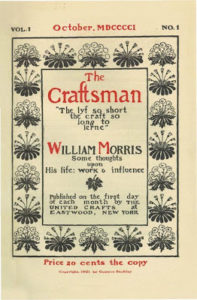
“Nuns fret not at their convent’s narrow room,” I intoned solemnly when things were normal back in the BC days (Before COVID). “In truth the prison, unto which we doom/Ourselves; no prison is.” I winked at my “Forms in Poetry” class to let them know I felt their pain. It turned out to be our last face-to-face meeting for the semester. We were studying the sonnet and I’ve always used William Wordsworth’s love poem to strict forms as a pep talk for beginning prosodists. “And hence for me,/In sundry moods, ‘twas pastime to be bound/Within the Sonnet’s scanty plot of ground.”
Easy for you to say, I tell my three-weeks-ago self. I had no idea what was about to hit us. I’ll bet my shrinking TIAA stash that you didn’t either.
